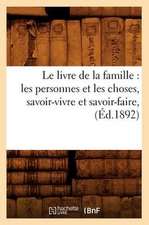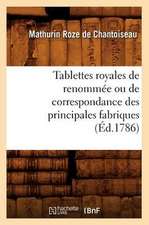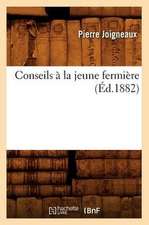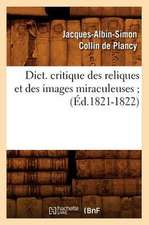Routledge Handbook of African Literature
Editat de Moradewun Adejunmobi, Carli Coetzeeen Limba Engleză Hardback – 21 mar 2019
Every chapter is an original research essay written by a broad spectrum of scholars with expertise in the subject, providing an application of the most recent insights into analysis of particular topics or application of particular critical frameworks to one or more African literary works.
The handbook will be a valuable interdisciplinary resource for scholars and students of African literature, African culture, postcolonial literature and literary analysis.
Chapter 4 of this book is freely available as a downloadable Open Access PDF at http://www.taylorfrancis.com under a Creative Commons Attribution-Non Commercial-No Derivatives (CC-BY-NC-ND) 4.0 license.
| Toate formatele și edițiile | Preț | Express |
|---|---|---|
| Paperback (1) | 345.01 lei 3-5 săpt. | +35.23 lei 10-14 zile |
| Taylor & Francis – 31 mar 2021 | 345.01 lei 3-5 săpt. | +35.23 lei 10-14 zile |
| Hardback (1) | 1218.54 lei 6-8 săpt. | |
| Taylor & Francis – 21 mar 2019 | 1218.54 lei 6-8 săpt. |
Preț: 1218.54 lei
Preț vechi: 1635.56 lei
-25% Nou
Puncte Express: 1828
Preț estimativ în valută:
233.16€ • 244.10$ • 192.93£
233.16€ • 244.10$ • 192.93£
Carte tipărită la comandă
Livrare economică 05-19 aprilie
Preluare comenzi: 021 569.72.76
Specificații
ISBN-13: 9781138713864
ISBN-10: 1138713864
Pagini: 476
Dimensiuni: 174 x 246 x 28 mm
Greutate: 0.95 kg
Ediția:1
Editura: Taylor & Francis
Colecția Routledge
Locul publicării:Oxford, United Kingdom
ISBN-10: 1138713864
Pagini: 476
Dimensiuni: 174 x 246 x 28 mm
Greutate: 0.95 kg
Ediția:1
Editura: Taylor & Francis
Colecția Routledge
Locul publicării:Oxford, United Kingdom
Public țintă
Postgraduate and UndergraduateCuprins
1. Introduction [Moradewun Adejunmobi and Carli Coetzee] Part I: Mapping Political Agencies 2. Children of the Cold War: Rethinking African Literary Generations through the Global Conflict [Monica Popescu] 3. Ethics and the Politics of the Ordinary in African Literature [Chielozona Eze] 4. Globalisation, Mobility and Labour in Diasporic African Fiction [Anna-Leena Toivanen] 5. Towards an Ethics of the Humanitarian Imagination [Allison Mackey] Part II: Journeys, Geographies, Identities 6. Decolonising the Afropolitan: Intra-African Migrations in Post-2000 Literature [Rebecca Fasselt] 7. History, Imperial Eyes and the ‘Mutual Gaze’: Narratives of African-Chinese Encounters in Recent Literary Works [Ying Cheng] 8. Ethnicity in Post-2000 African Writing [Agogho Akpome] 9. Mythopoesis of the Self: Nation, Textuality and Writer as Political Hero [Rotimi Fasan] Part III: Working Through Genre 10. How to be a Writer in Your 30s in Lagos: Self-Help Literature and the Creation of Authority in Africa [Rebecca Jones] 11. Gothic Supernaturalism in the ‘African Imagination’: Locating an Emerging Form [Rebecca Duncan] 12. Contested Filial Voice in African Female-Authored Autobiographies [Marciana Were] 13. ‘I Can’t Go Forward, I Must Go Back:’ Ben Okri’s (P)anachronistic Utopias [Ian MacDonald] Part IV: The World of and Beyond Humans 14. African Literature, Audience, and the Search for the (Non)Human [Cajetan Iheka] 15. Dirty Ecology: African Women and the Ethics of Cultivation [Sarah Lincoln] 16. African Fictions, Animal Figures, and Anthropocentric Frameworks [Jesse Arsenault] 17. Depictions of Kenyan Lands and Landscapes by Four Women Writers [Ng’ang’a Muchiri] Part V: Everyday Sociality 18. Geopolitical and Global Topologies in Fiction: Islam at the Fault Lines and the World [Shirin Edwin] 19. Appetite and Everyday Life in African Literature [Delores B Phillips] 20. Foundational Fictions: Variations of the Marriage Plot in Flora Nwapa’s Early Anglophone- Igbo Novels [Fiona Moolla] 21. Drinking Scenes: Alcohol in the Francophone African Novel [Pim Higginson] Part VI: Bodies, Subjectivities, Affect 22. Desire and Freedom in Yvonne Vera’s Fiction [Grace Musila] 23. The Forms of Shame and African Literature [Naminata Diabate] 24. Scattered Testimony: Locating the Rwandan Genocide in Transnational Witnessing [Martina Kopf] 25. Contestations through Same-Sex Desire in Jennifer Nansubuga Makumbi’s Kintu [Edgar Nabutanyi] Part VII: Literary Networks and Circulation 26. The Story Club: Literary Networks Offline [Stephanie Bosch Santana] 27. Languages and Prizes: Expanding Literary Boundaries [Doseline Kiguru] 28. Publishers’ Networks and the Making of 21st Century African Literature in English [Kate Wallis] 29. Literary Networks in the Horn of Africa: Oromo and Amharic Intellectual Histories [Sara Marzagora and Ayele Kebede]
Notă biografică
Moradewun Adejunmobi is Professor of African Studies in the African American and African Studies Department at the University of California, Davis, USA. She has published widely on Francophone African literature, multilingualism and translation in African literature and cinema, as well as on Nollywood and the Nigerian film industry.
Carli Coetzee is a Research Associate at SOAS, University of London, Honorary Research Fellow at the School of Literature, Language and Media at the University of the Witwatersrand, Johannesburg, and the Editor of the Journal of African Cultural Studies.
Carli Coetzee is a Research Associate at SOAS, University of London, Honorary Research Fellow at the School of Literature, Language and Media at the University of the Witwatersrand, Johannesburg, and the Editor of the Journal of African Cultural Studies.
Recenzii
“Carli Coetzee and Moradewun Adejunmobi curate cutting-edge scholarship in the Routledge Handbook of African Literature. Divided into seven parts, the book presents a fresh picture of the current directions in the field. The editors call this image a Kodak moment, signaling the “anticipated transience of the critical frameworks” of the Handbook. This admission quickly turns out to be modest at best, as the critical frameworks of chapters consistently forge new ways of harnessing African literature.
…(The Handbook) is a tour de force and should dominate classroom and research spaces. With straightforward language that consistently and effortlessly harnesses theory, text, and argument, the editors and authors do scholarship a world of good.”
Kwabena Opoku-Agyemang, University of Ghana
Cambridge Journal of Postcolonial Literary Inquiry, 7(2), pp 230–234 April 2020
…(The Handbook) is a tour de force and should dominate classroom and research spaces. With straightforward language that consistently and effortlessly harnesses theory, text, and argument, the editors and authors do scholarship a world of good.”
Kwabena Opoku-Agyemang, University of Ghana
Cambridge Journal of Postcolonial Literary Inquiry, 7(2), pp 230–234 April 2020
Descriere
The Routledge Handbook of African Literature is a one-stop publication bringing together studies of African literary texts that embody an array of newer approaches applied to a wide range of works.
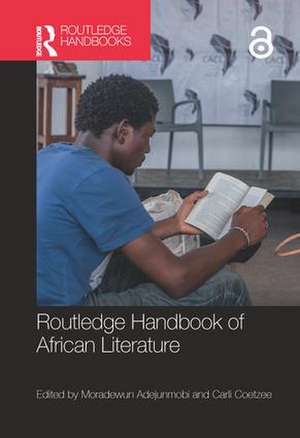
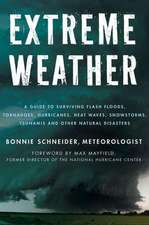

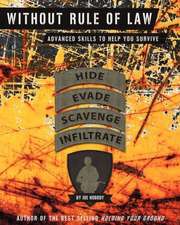
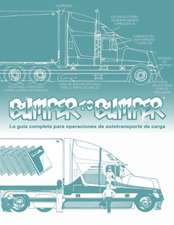
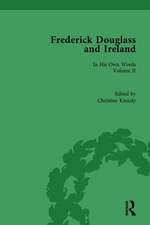
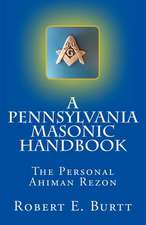
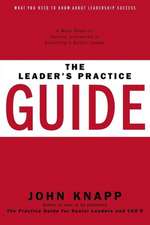
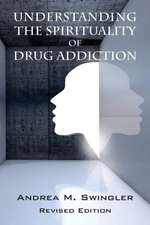

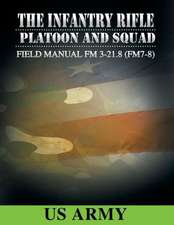
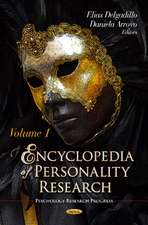
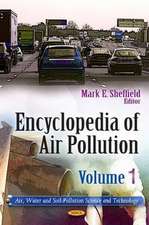

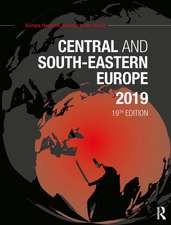

![Encyclopedie Methodique. Architecture. T. 3, [Nacelle-Zotheca]](https://i3.books-express.ro/bt/9782012542082/encyclopedie-methodique-architecture-t-3-nacelle-zotheca.jpg)
